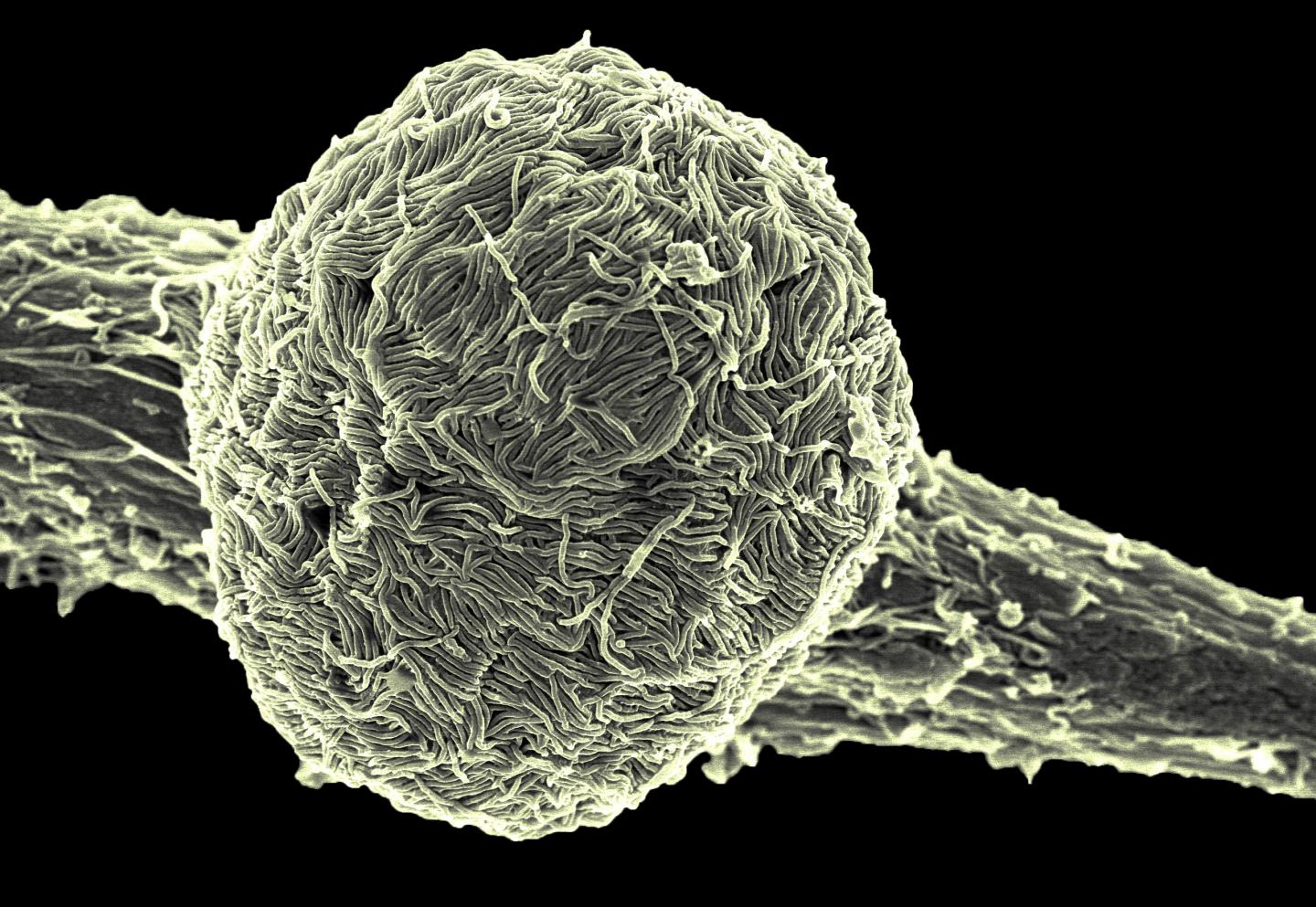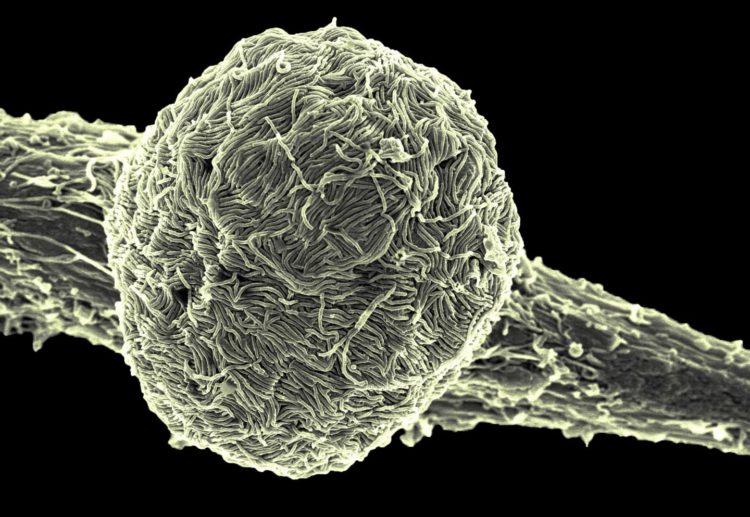Scientists hope findings mean vaccine supplies could stretch farther

Credit: NIAID
WHAT:
A single dose of a highly diluted VSV-Ebola virus (EBOV) vaccine–approximately one-millionth of what is in the vaccine being used to help control the ongoing Ebola outbreak in the Democratic Republic of the Congo (DRC)–remains fully protective against disease in experimentally infected monkeys, according to National Institutes of Health scientists. The NIH investigators completed the vaccine dosage study using cynomolgus macaques and an updated vaccine component to match the EBOV Makona strain that circulated in West Africa from 2014-16. The study appears in Lancet’s EBioMedicine.
Nearly 250,000 people have received the investigational VSV-EBOV vaccine since August 2018 as part of a “ring vaccination” program to help stem the outbreak. The vaccine appears to be safe and highly effective. The manufacturer has announced that it has submitted a biologics license application to the U.S. Food and Drug Administration. VSV-EBOV is based on a live-attenuated vesicular stomatitis virus and delivers an EBOV protein to elicit protective immune responses. With the continued need to vaccinate individuals in the DRC and surrounding countries, a potential shortage of VSV-EBOV vaccine is a concern and further dose adjustment is a possible solution.
Scientists from NIH’s Rocky Mountain Laboratories (RML), part of the National Institute of Allergy and Infectious Diseases, tested several dosage strengths, including one with 10 million plaque-forming units (PFU). They determined that a vaccine with 10 PFUs was just as effective as the highest dose tested (a dose which was still lower than the one currently in use in the DRC). They vaccinated macaques 28 days prior to infecting them with a lethal dose of EBOV and then monitored the animals for 42 days after infection. Even the macaques given the lowest dose appeared completely protected from disease due to EBOV.
The scientists say their study findings could help make more vaccine available for more people and may reduce adverse reactions to the vaccine because of the smaller amount of active ingredient. Such reactions can include injection site irritation, headache, fatigue, fever, chills, myalgia, and arthralgia. Demonstrating that the vaccine appears effective with adjusted dosing also could ease the burden on vaccine production.
The authors say that although results from preclinical and clinical studies can differ, these promising findings in macaques of complete protection with a lower-dose VSV-EBOV vaccine help support the possibility of similar clinical trials in people.
###
ARTICLE:
A Marzi et al. Single low-dose VSV-EBOV vaccination protects cynomolgus macaques from lethal Ebola challenge. EBioMedicine DOI: 10.1016/j.ebiom.2019.09.055 (2019).
WHO:
Heinz Feldmann, M.D., Ph.D., chief of NIAID’s Laboratory of Virology, and Andrea Marzi, Ph.D., lead author, are available to comment on this study.
NIAID conducts and supports research–at NIH, throughout the United States, and worldwide–to study the causes of infectious and immune-mediated diseases, and to develop better means of preventing, diagnosing and treating these illnesses. News releases, fact sheets and other NIAID-related materials are available on the NIAID website.
About the National Institutes of Health (NIH): NIH, the nation’s medical research agency, includes 27 Institutes and Centers and is a component of the U.S. Department of Health and Human Services. NIH is the primary federal agency conducting and supporting basic, clinical, and translational medical research, and is investigating the causes, treatments, and cures for both common and rare diseases. For more information about NIH and its programs, visit http://www.
NIH…Turning Discovery Into Health®
Media Contact
Ken Pekoc
[email protected]
301-402-1663
Related Journal Article
http://dx.





